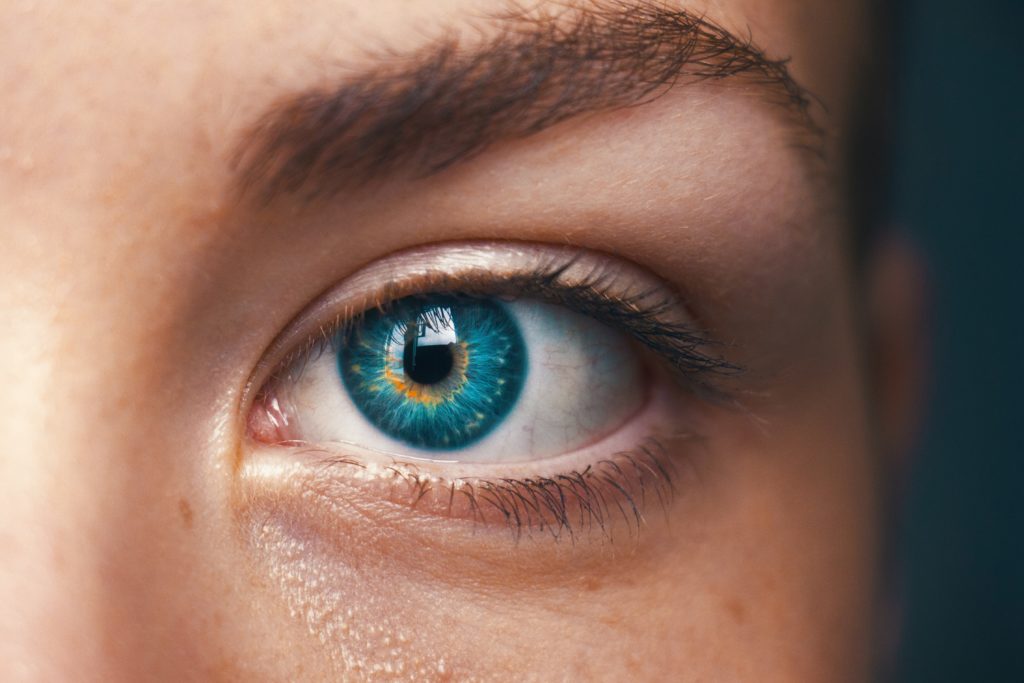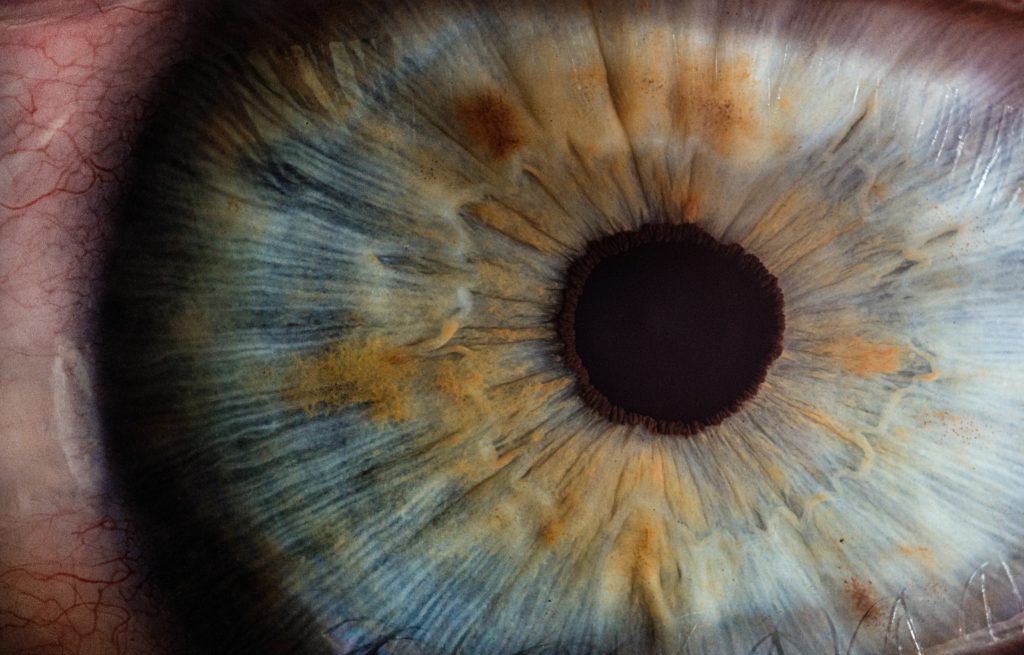Glaucoma is a disease that can cause blindness if left untreated. It is the second leading cause of blindness in the world. There are many different factors that can increase your risk of developing glaucoma, including age, race, and family history. In this article, we will discuss 10 of the most common causes of glaucoma.
What Is Glaucoma?
Glaucoma is a term used to describe a collection of disorders that affect the optic nerve. The optic nerve is the bundle of nerve fibers that carry information from your eye to your brain. When this nerve is damaged, it can lead to vision loss or blindness. Glaucoma is a leading cause of blindness and blurred vision in the United States.
Types Of Glaucoma
There are two main types of glaucoma include:
- Open-angle glaucoma
- Angle-closure glaucoma
The most prevalent type of glaucoma is open-angle glaucoma, which accounts for around 90% of all cases. Angle-closure glaucoma is less frequent but more severe, and if not treated promptly, can result in blindness.

The most common is called primary open-angle glaucoma. Another type of glaucoma is acute angle-closure glaucoma
Causes Of Glaucoma
There are many different factors that can increase your risk of developing glaucoma.
Fluid Pressure In The Eye
One of the most important factors is the pressure of the fluid in your eye. This pressure is called intraocular pressure (IOP). The optic nerve is very sensitive to IOP. If the pressure in your eye is too high, it can damage the optic nerve and lead to vision loss. Normal-tension glaucoma also develops damage to the optic nerve.
Age
Age is another important risk factor for glaucoma. The older you are, the greater your risk of developing this disease. This is because the tissues in your eye change as you age, making them more susceptible to damage. Congenital glaucoma mainly occurs in young children and also caused abnormalities in the eye.
Race
African Americans have a higher risk of developing glaucoma than other races. They are also more likely to develop severe forms of the disease that can lead to blindness.
Family History
If you have a family member with glaucoma, you are more likely to develop the disease. This is because it can be passed down from generation to generation.
Blunt Or Penetrating Eye Injuries
If you have had a blunt or penetrating injury to your eye, you are at increased risk of developing glaucoma. This is because the injury can damage the optic nerve and lead to vision loss.

Chemical Eye Injuries
Chemical eye injuries can also increase your risk of developing glaucoma. This is because the chemicals can damage the optic nerve and lead to vision loss.
Surgery
If you have had surgery on your eye, you are at increased risk of developing glaucoma. This is because the surgery can damage the optic nerve and lead to vision loss.
Thin Corneas
If you have thin corneas, you are at increased risk of developing glaucoma. This is because the thin corneas can be more easily damaged by the pressure in your eye.
Being Over Age 40
If you are over the age of 40, you are at increased risk of developing glaucoma. This is because the older you are, the more likely you are to develop this disease.
Retinal Vein Occlusion
If you have a retinal vein occlusion, you are at increased risk of developing glaucoma. This is because the blockage can cause pressure to build up in your eye, which can damage the optic nerve.

Nearsightedness
If you are nearsighted, you are at increased risk of developing glaucoma. This is because the pressure in your eye can damage the optic nerve.
Eye Infection
If you have an eye infection, you are at increased risk of developing glaucoma. This is because the infection can damage the optic nerve and lead to vision loss.
If you have diabetes, you are at increased risk of developing glaucoma. This is because diabetes can damage the blood vessels in your eye, which can lead to vision loss. If you have high myopia, you are at increased risk of developing glaucoma. This is because high myopia can lead to thinning of the optic nerve, which makes it more susceptible to damage. If you have high blood pressure, you are at increased risk of developing glaucoma. This is because high blood pressure can damage the optic nerve and lead to vision loss.
As you can see, there are many different factors that can increase your risk of developing glaucoma. If you think you may be at risk for this disease, it is important to see an eye doctor for a comprehensive exam. Early detection and treatment are essential to preventing vision loss or blindness from glaucoma.
Treatment Of Glaucoma
Glaucoma can be treated with medications, surgery, or a combination of both. Laser surgery is mostly used to treat glaucoma. The goal of treatment is to lower IOP and prevent vision loss. If you have been diagnosed with glaucoma, it is important to follow your treatment plan and see your doctor regularly.
Prevention Of Glaucoma
There is no sure way to prevent glaucoma. However, you can lower your risk by having regular comprehensive eye exams. If you are at high risk for glaucoma, your doctor may recommend more frequent exams.
Glaucoma Diagnosis
Glaucoma tests can be completed in no time at all. Your eye doctor will test your vision. They will use drops to open your pupil or examine your eye. The doctor will examine your retina and see if there is glaucoma on the nerve. The photographer can also take pictures to see the changes during your next visit. It involves tonometry and will test the eye pressure. It is possible to have your eyes tested for peripheral vision loss by the lab. Depending upon how you feel about your eyes, glaucoma may require an imaging scan for you.
Glaucoma Risk Factors
There are several risk factors for glaucoma. If you have any of the following, you may be at a higher risk:
- Family history of glaucoma
- African American descent
- Age over 60
- Diabetes
- High blood pressure
- Previous eye injury or surgery
- Using corticosteroid medications for a long period of time
If you have any of these risk factors, it is important to talk to your doctor about your risks and what you can do to prevent glaucoma.
Articles You Might Enjoy Reading



